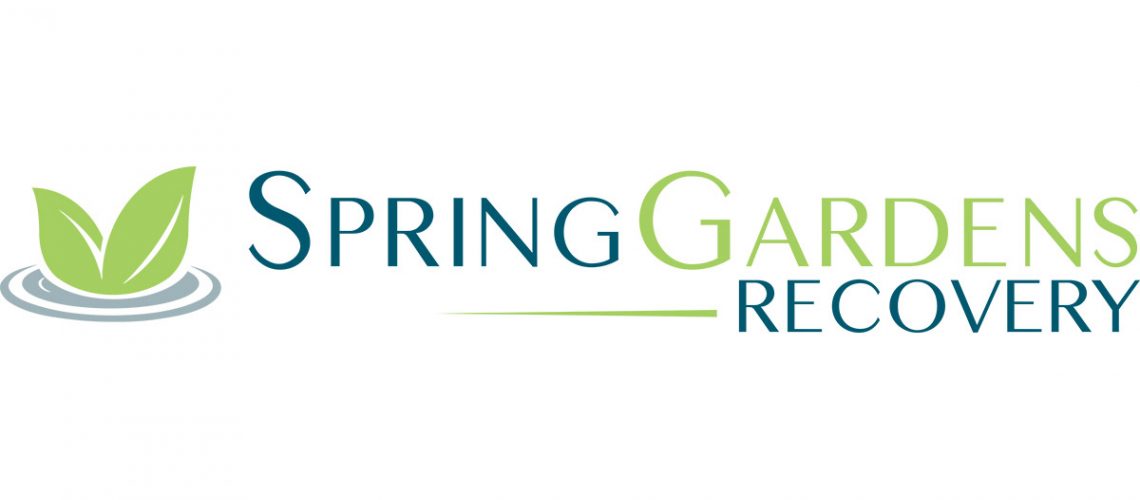
Why Is Heroin So Addictive?
Heroin is one of the five most addictive drugs on the planet. Many people who have tried the drug describe the euphoric effect that it delivers as a rush that makes everything better. What they may not realize is that the body has its own mechanisms for allowing you to feel such pleasure.
On a regular basis, your body secretes neurotransmitters that are received in the pleasure centers of your brain. When you use heroin, the chemicals bond to those receptors instead. Your body thinks that it doesn’t need to make the pleasurable neurotransmitters anymore. It stops putting out its own feel-good chemicals.
The problem with that response is once the heroin rush dies off, you’re left feeling less pleasure than you did before you used the drug. You may experience physical pain, emotional distress, depression, and anxiety. Because of that, your mind tells you that the quickest way to alleviate that discomfort is to use heroin again.
You may begin to feel as though you have no control over your thoughts. Although there are many ways to satisfy your body and mind, many of them, like meditation, requires time and effort. Taking heroin seems like a faster way to achieve the same effect.
Many people end up “chasing the dragon”–seeking out the intense euphoria that they experienced during the first high. They stop seeking out other ways to enrich their lives in favor of drug use. Animal studies show that the absence of other forms of fulfilling stimulation can encourage substance abuse.
Detox From Heroin Addiction Requires Support
Even if you could convince your brain that it didn’t need heroin to feel pleasure, your body tells it otherwise. The intensity of withdrawal from heroin addiction is so powerful that most people have trouble quitting cold turkey.
Some physical symptoms of heroin withdrawal include:
- Fever
- Sweats
- Hallucinations
- Severe diarrhea and nausea
- A feeling of wanting to crawl out of one’s skin
- Tremors
Using medications like methadone during detox can help. Methadone suppresses the effects of opiates and reduces the severity of withdrawal symptoms. However, its use must be carefully supervised.
Psychological Symptoms Of Heroin Withdrawal
As the poison leaves your body, you may go through several days during which your natural chemicals fight to reestablish a balance. Physical symptoms are usually the most severe during that time. You may also experience intense cravings as you go through detox.
Unfortunately, the desire to use the drug again may not completely disappear once the substance has left your system. Social, emotional and psychological triggers for drug use can be just as forceful as a physical need. Therefore, getting the right support during the detox phase is crucial for setting the foundation for a strong addiction recovery.
At Spring Gardens Recovery, we offer a men’s and women’s inpatient detox program that caters to all of your wellness needs during this difficult time. In addition to doctor-supervised medical treatments, we aim to set you up with the enrichment that your body and mind need to help you stay away from heroin. After detox, our guests can then move to our residential programs to continue their journey.
Our heroin detox therapies are designed to support you physically and emotionally as you take this vital step. These include:
- Shaman-led yoga classes
- Guided meditation
- Medically supervised sauna therapy
- Music Therapy
- Massage therapy
Don’t let heroin addiction get the best of you. Discover the inner peace that comes with a life filled with support and wellness by calling Spring Gardens Recovery at (866) 244-9556.



